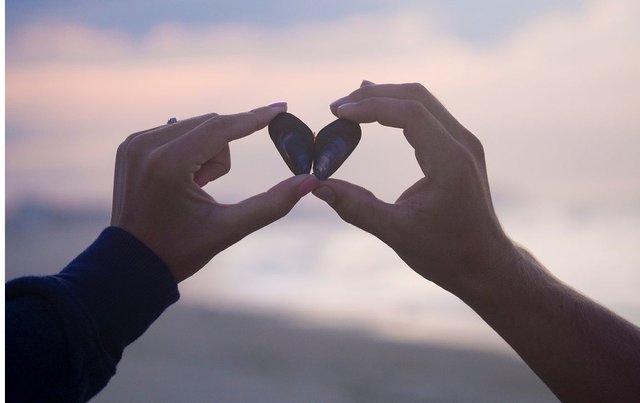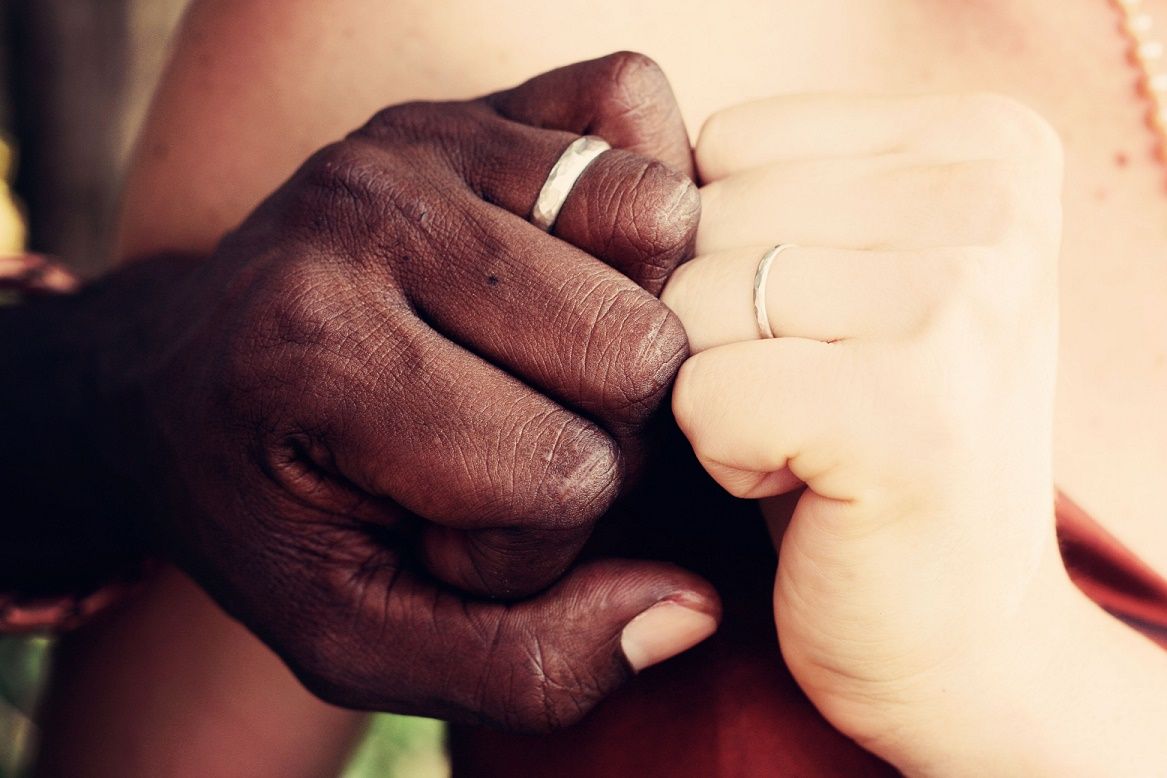The Only Condition of Love

If you ever had reasons why you love someone, you may be hurting the relationship by having conditions.
VIDEO VERSION
A REASON TO LOVE
What is the most important reason why you love someone? You might be inclined to say something like because they make me feel special or because they are smart, hot, kind-hearted etc. Whatever reason you might have, there is an inherent problem with this type of question.
The problem about love is not love itself but the way in which society portrays it.
We live in a society where love is becoming increasingly commoditized. With sky-high divorce rates, prevalence of social dating apps, and an unsettling culture of instant gratification, it depicts a rather different sentiment towards love and relationships.
It’s as if love is a social contract of value exchange rather than the romantic notion of everlasting commitment, where we in enter relationships with the precondition that the other person will fill our lives with the euphoria associated with being in love. When any of the critical conditions from this social contract is violated, the relationship is over.

UNSPOKEN CONTRACT
Love is not a commodity, it’s more of a bond, an unspoken contract that draws two people together indefinitely.
This leaves us with the question, if love is an unspoken contract, then what are the conditions of this contract? Unlike most contracts that are brimming with conditions, the only condition that love has is that it is unconditional.
Now this may sound contradictory, but you have to remember that love is an emotion, not a rational instrument like a contract. Allow me to elaborate with a rational example. Let’s say you were attracted to someone because they are very good looking, you eventually get together with this person and fall in love with them. You are madly in love for the first year or so, then things become comfortable, they “let themselves go” and you become less and less attracted to them to the point that all the passion and chemistry die out. Given that the attraction is gone, does this mean it’s time to leave the relationship? (Be honest with yourself). For most, it would seem that this is the appropriate course of action.
Therein lies the problem, the survival of the relationship is conditional, i.e. I will love you until I don’t feel attraction/passion towards you anymore. For most people, they don’t see anything wrong with this rational, why would you want to be a in a passionless or loveless relationship?
If you consider for a moment that love like any emotion, fluctuates, it ebbs and flows. Just like how you can’t be happy every single moment, you won’t always feel the love or passion in your relationship. So why would you have this condition in the first place? The truth of all relationships is that there are ups and downs, there is pleasure and pain, and ultimately there is love and hate. This is what makes relationships great, the unpredictable roller-coaster ride rather than the straight and steady train ride (although there is nothing wrong with taking the train).
Society tends to value the positive while discounting or avoiding the negative. We are brainwashed into striving for these idealistic notions of love and pleasure, and if something doesn’t go our way we simply give up on it until we find something that does. We in a sense become victims of our own insecurities, where we selfishly pursue experiences that serve ourselves rather than others, and where we mistake attraction for love and hope that it fulfills our underlying void. Ultimately, our lives and attitude towards love become conditional.

UNCONDITIONAL LOVE
So how do we avoid the pitfalls of these so called social contracts?
Like all great things in life, it is simple but not easy to do.
You simply remove all conditions and make love unconditional. Find someone whom you can love unconditionally and loves you unconditionally. This also means loving them despite the worst pains imaginable, i.e. infidelity, abuse, neglect etc. I did mention it’s not easy right?
Of course these reasons are completely valid to end a relationship, but it doesn’t mean you have to be with them, let alone stop loving them.
In fact, a lot of times when people end relationships due to these painful experiences it’s because they loved that person so deeply that they experienced so much pain. I mean, just look at your relationships and why they ended – was it because of some “condition” that they would never cause you pain? This is where the key word unconditional makes all the difference.
“The truth is, everyone is going to hurt you. You just got to find the ones worth suffering for.” Bob Marley
You see, a vital and neglected aspect of love is sacrifice and suffering. Love is selfless and exists to serve the other person’s needs rather than to soothe their own anxieties and insecurities. This might involve letting them go even if it means it constant unimaginable pain. However, when you let go of this condition of your relationships being primarily about passion and pleasure, you begin to build unconditional love. A type of love that is so beautiful and rare, that it makes life worth living despite falling from the heavenly highs to the depths of despair.
“If you love something set it free. If it comes back it’s yours. If not, it was never meant to be.” Richard Bach
In the end, unconditional love involves accepting everything from the great to the terrible. It’s this acceptance that leads to the purest form of love that transcends desire and ego. Where conditional love is doomed to fail, unconditional love builds an unshakeable bond of beauty and strength that is destined to last.
Peace
IMAGE SOURCES
Photo by Anne Edgar on Unsplash
Photo by Aaron Burden on Unsplash
Photo by Désirée Fawn on Unsplash